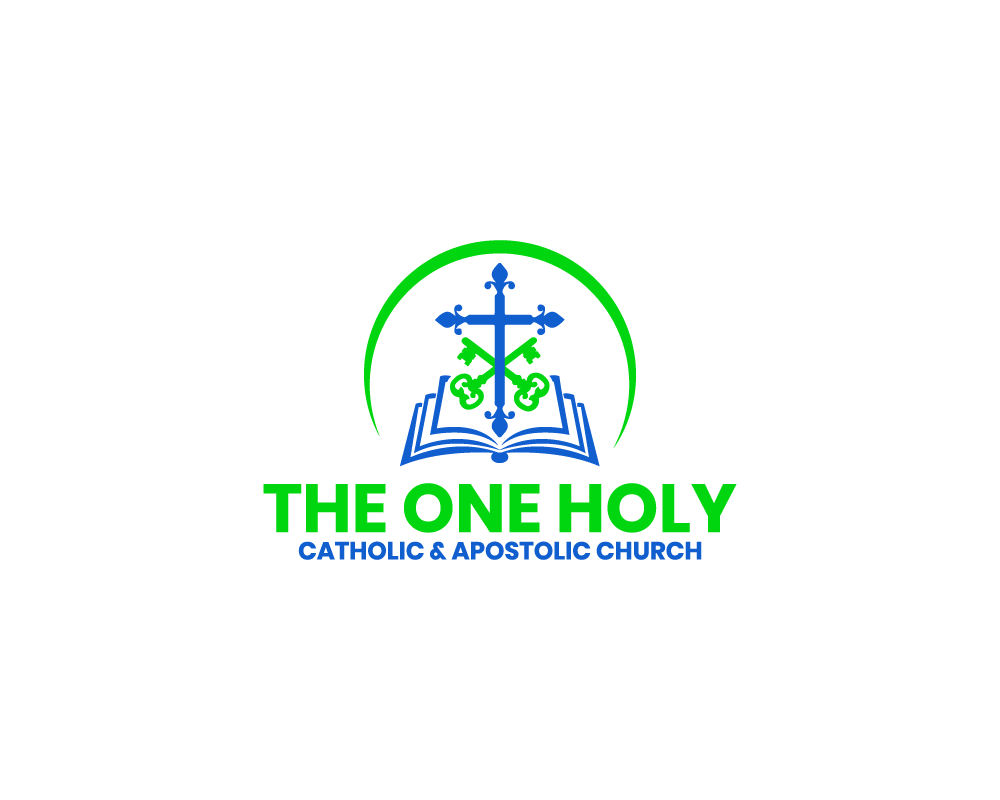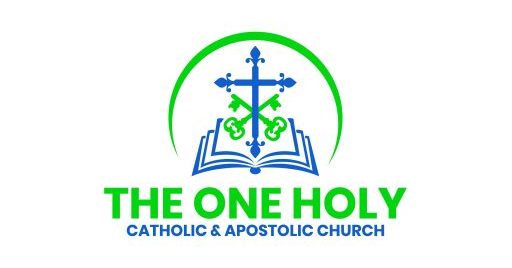The Church and Politics: A Relationship Dating Back Centuries
Throughout history, the concept of Symphonia has driven a harmonious connection between the Orthodox Church and the state. This has encouraged the church to participate in political affairs, but it’s created a bit of a quandary when it comes to tax-exempt organizations like 501(c)(3) in the United States. So how does the church navigate this complex relationship between faith and finance?
More About Symphonia
The Church of Greece has not shied away from getting involved in political campaigns and even endorsing specific candidates for office. It’s no secret that such involvement is a hot-button topic in the world of politics and religion. However, this could cause complications for churches that aspire to be 501(c)(3) designated, as the IRS outright forbids tax-exempt entities from endorsing or opposing political candidates. In other words, churches in the US that want to participate in political campaigns would have to give up their tax-exempt status and pay taxes on their income.
The relationship between the Orthodox Church and the Russian government under President Vladimir Putin has become a topic of concern. The involvement of the church in political affairs clashes with the guidelines set by the IRS regarding political campaigning. Any tax-exempt organization is not allowed to participate in, support, or oppose candidates in any political campaign. While this is a normal extension of the Fatih of Orthodox Christians, the IRS has created an infringement on the Faith of Americans by making those who exercise the same faith in America a separate class from other churches
Amidst the Orthodox Church’s engagement in politics, the Russian Orthodox Church has been an advocate for upholding traditional values that blend with the government’s perspective. This has led to the Church disapproving of LGBTQ+ rights while supporting traditional gender roles, both of which go against the rules governing tax-exempt institutions in the United States which prohibit discrimination based on gender identity or sexual orientation.
Additional Examples of Symphonia
The Ethiopian Orthodox Church has a rich history of political involvement dating back to ancient times. From land reform to environmental protection, the church has been dedicated to improving the lives of its people through political action. However, its activities would not be compatible with the rules governing tax-exempt organizations in the United States. While this presents a challenge for the church, its commitment to social justice suggests that it will continue to find innovative ways to promote its mission within the bounds of the law.
Serbia’s political stage has witnessed a peculiar influence – religious endorsements. The Serbian Orthodox Church, with its significant involvement in the country’s politics, has endorsed candidates for office. However, such involvement is against the rules outlined by the IRS for tax-exempt organizations, which bars political activism, thus raising questions of legality.
The Greek Orthodox Archdiocese of America has dipped its toes into the political waters of the United States, particularly concerning immigration and social justice. However, the church has refrained from endorsing any specific political candidates. Despite this caution, their political foray could potentially clash with the regulations surrounding tax-exempt organizations, which are required to steer clear of partisan politics.
Even More Examples of Symphonia
The Orthodox Church in Cyprus has been deeply involved in political issues between the Greek and Turkish Cypriot communities in recent times. In particular, the church has been a vocal proponent of reunification while advocating for the rights of the Greek Cypriots. However, such overt political involvement clashes with regulations in the United States that mandate tax-exempt organizations remain impartial.
The Orthodox Church in Romania has had a powerful influence in politics, even advising the government through its patriarch Teoctist back in the ’90s. However, this involvement raises some eyebrows in light of the IRS’s guidelines for tax-exempt organizations, which state that these groups shouldn’t take sides in political matters.
In the ongoing conflict between Georgia and Russia over Abkhazia and South Ossetia, the Georgian Orthodox Church has played a vital role in advocating for the rights of its citizens. Not only has it undertaken humanitarian work, but its political involvement has been a significant factor. But this involvement doesn’t align with regulations that govern tax-exempt organizations in the US, which require them to steer clear of partisan politics and refrain from intervening in political campaigns.
Bringing it Home
Symphonia is a brilliant concept that beautifully synchronizes the relationship between the state and the Orthodox Church. This principle reflects a harmonious partnership where both entities have their own designated roles and responsibilities. They work hand in hand for the greater good while upholding each other’s freedom and authority.
For as long as recorded history has existed, the Church has played a role in politics. From the Byzantine Empire to modern-day Russia and Greece, religious institutions have intertwined with political governance in various ways. While respecting the authority of both the church and the state, these early examples of “Symphonia” demonstrate how cooperation between the two power structures can be mutually beneficial for society. Even in modern times, religious organizations such as the Ethiopian Orthodox Church continue to have a hand in shaping political and social welfare policies. The relationship between the Church and the state is complex, but it is clear that throughout history, both have recognized the importance of working together to promote the well-being of the people.
Despite the restrictions placed on tax-exempt organizations when it comes to political involvement, the Orthodox Church in the United States has not hesitated to lend its voice to important political issues such as immigration and social justice. However, this involvement raises questions about the Church’s adherence to regulations governing its tax-exempt status, particularly the prohibition of political campaigning or support for political candidates. Despite this conflict, the Church remains an important voice in American political discourse.
In Summary
The intersection of religion and politics has never been an area of calm waters, and the church’s involvement in political matters has been controversial. However, the church’s belief in the doctrine of Symphonia, or the unity of church and state, strengthens its motivation to participate in political matters. As such, it’s essential to protect the church’s right to exercise its religious beliefs freely, even when it comes to political involvement. The laws grappling with the church and political participation ought to be removed to allow for the free exercise of the faith of those who adhere to the doctrine of Symphonia.
The interconnectedness of religion and politics is a longstanding issue that has shaped history in numerous ways. This is particularly evident in the complex relationship between the Orthodox Church and the state, where the doctrine of Symphonia has played a critical role. While tax-exempt status creates limitations for political involvement, the protection of religious freedom allows the church to participate in decision-making relevant to its beliefs. This relationship showcases the importance of balance between governing bodies and religious institutions to maintain a functional society. However, the question arises should the church be prevented from exercising its belief in the doctrine in order to maintain 501c3 status? If you don’t believe a church should lose this status and be treated with equality among all other churches please support our movement to make a change.




